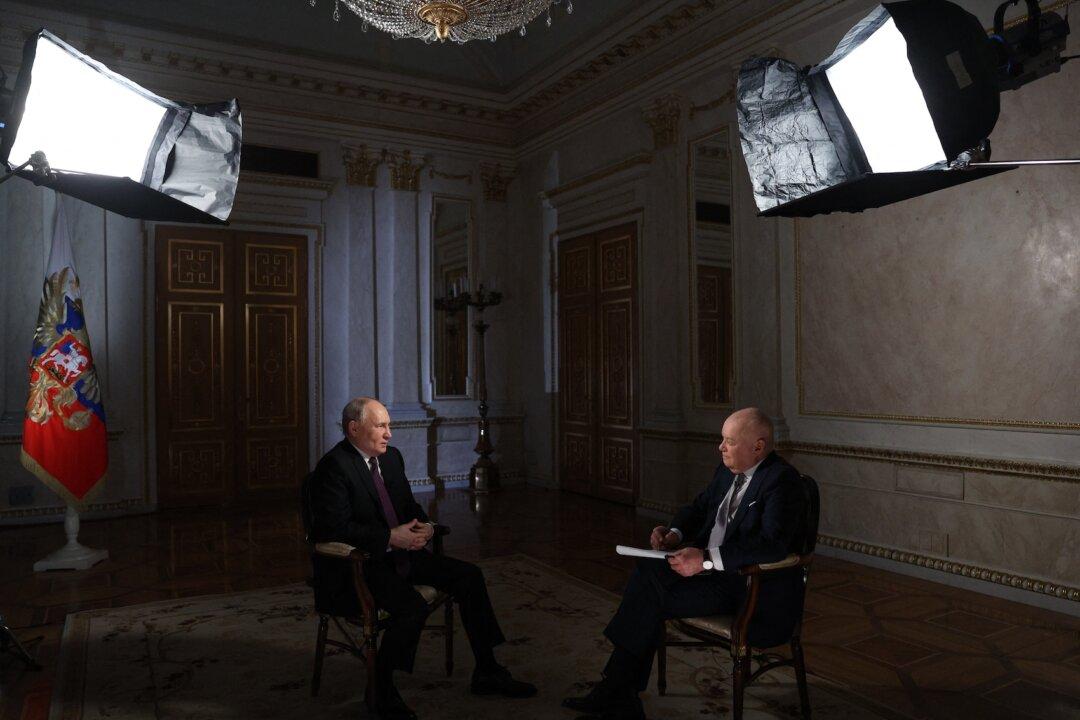The European Union stated on May 17 that it was suspending the distribution of four Russia-linked media outlets in the EU, despite Moscow’s warning this week that any such move would draw swift retaliation.
The Council of the EU, the 27-nation bloc’s legislative body, banned four Russian-linked news media outlets, Voice of Europe, RIA Novosti, Izvestia, and Rossiyskaya Gazeta, for what it called the spread of propaganda about the invasion of Ukraine and disinformation about the EU parliamentary elections that will take place in three weeks.





